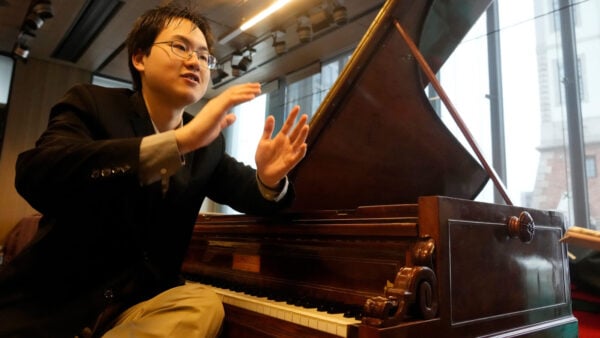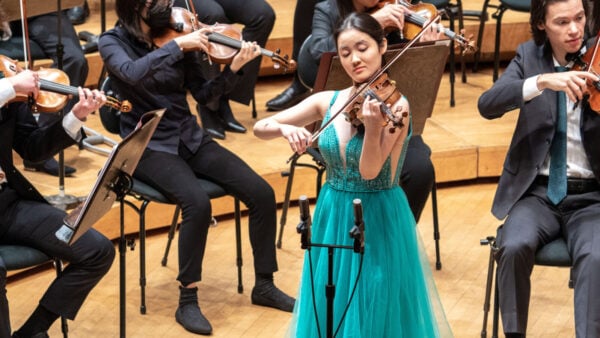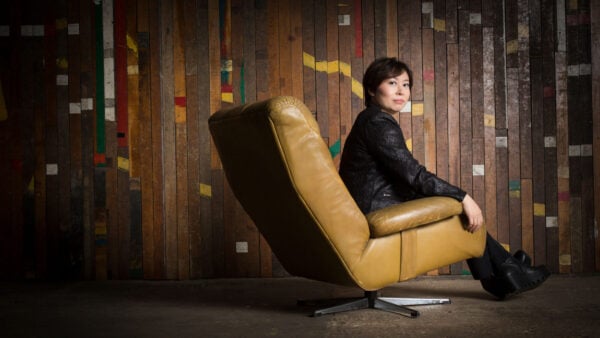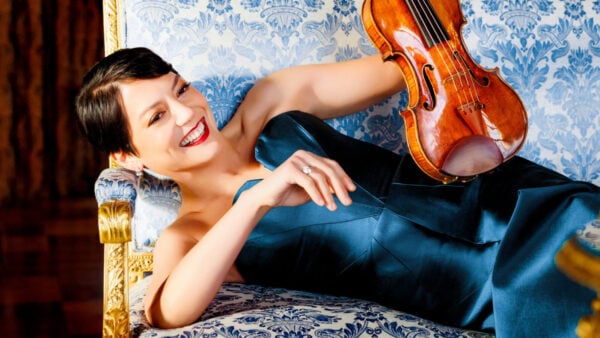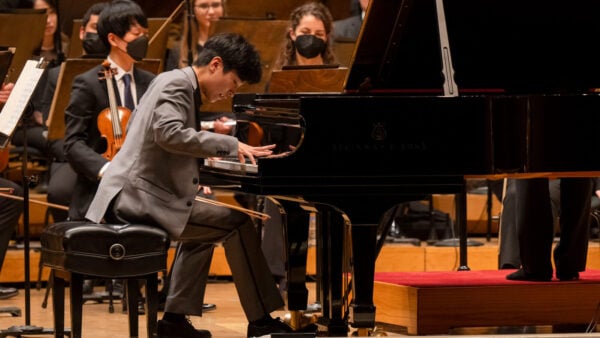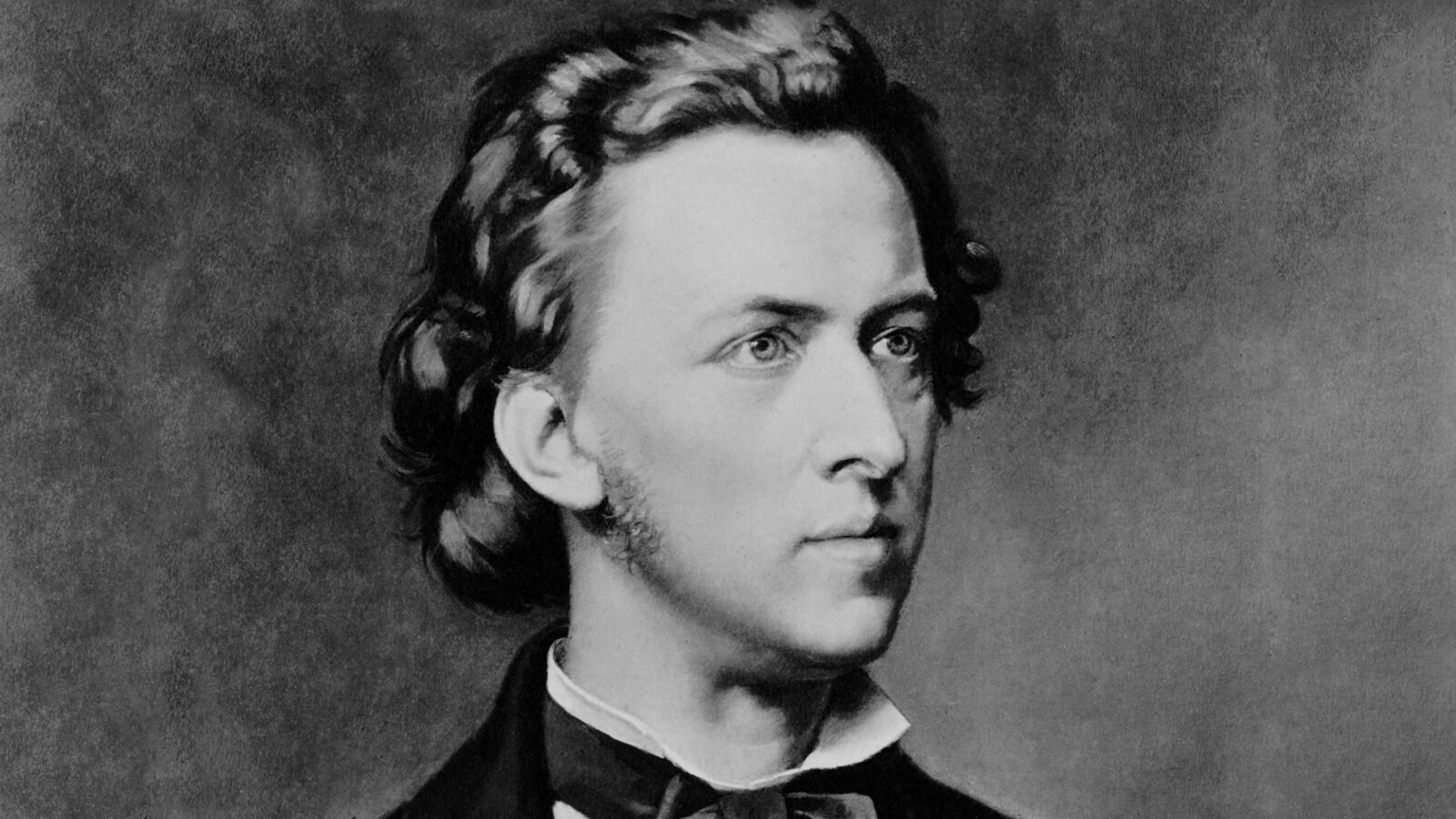 WARSAW, Poland (AP) — Tomasz Ritter of Poland was announced the winner Thursday of the world’s first Frederic Chopin piano competition performed on instruments from the composer’s era.
WARSAW, Poland (AP) — Tomasz Ritter of Poland was announced the winner Thursday of the world’s first Frederic Chopin piano competition performed on instruments from the composer’s era.
Japan’s Naruhiko Kawaguci and Poland’s Aleksandar Swigut both won second place. Third place went to Krzysztof Ksiazek of Poland. Dmitry Ablogin of Russia and France’s Antoine de Grolee won honorable mentions.
The announcement by the 11-member international jury came after each of the six finalists played a Chopin concerto accompanied by the Amsterdam-based Orchestra of the Eighteenth Century with conductor Grzegorz Nowak.
The competition’s sponsors, the National Frederic Chopin Institute and Poland’s state Radio and Television, want to encourage young pianists to explore the original sound of music written by Poland’s best-loved composer and by his contemporaries.
Ritter played on an 1842 Pleyel piano, Swigut on an 1837 Erard, Kawaguci on an 1842 Pleyel and Ksiazek on an 1849 Erard. One of their characteristics is a softer sound than that of modern-era pianos.
One of the jury members, Janusz Olejniczak, told The Associated Press that historical instruments require a different playing technique but also broaden the pianist’s skills and approach to music.
The winner of the 1st Chopin Competition on Period Instruments collects a 15,000-euro ($17,400) prize as well as concert and recording offers. Second prize is 10,000 euros and third is 5,000 euros.
Special prizes from the orchestra went to Ksiazek and Swigut. The orchestra’s musicians specialize in 18th and early 19th century music and play on period instruments.
Chopin was born in 1810 in Zelazowa Wola near Warsaw, to a Polish mother and a French father. He received his music education in Warsaw and started composing and giving concerts there. He left Poland at age 20 and settled in Paris, Europe’s center of art and music at the time. He composed mostly for the piano and much of his work was inspired by Poland’s music, such as the polonaise and the mazurka dances.
The competition was part of Poland’s celebrations of 100 years of regained independence. The next one is to be held in 2023.
Monika Scislowska for the Associated Press

